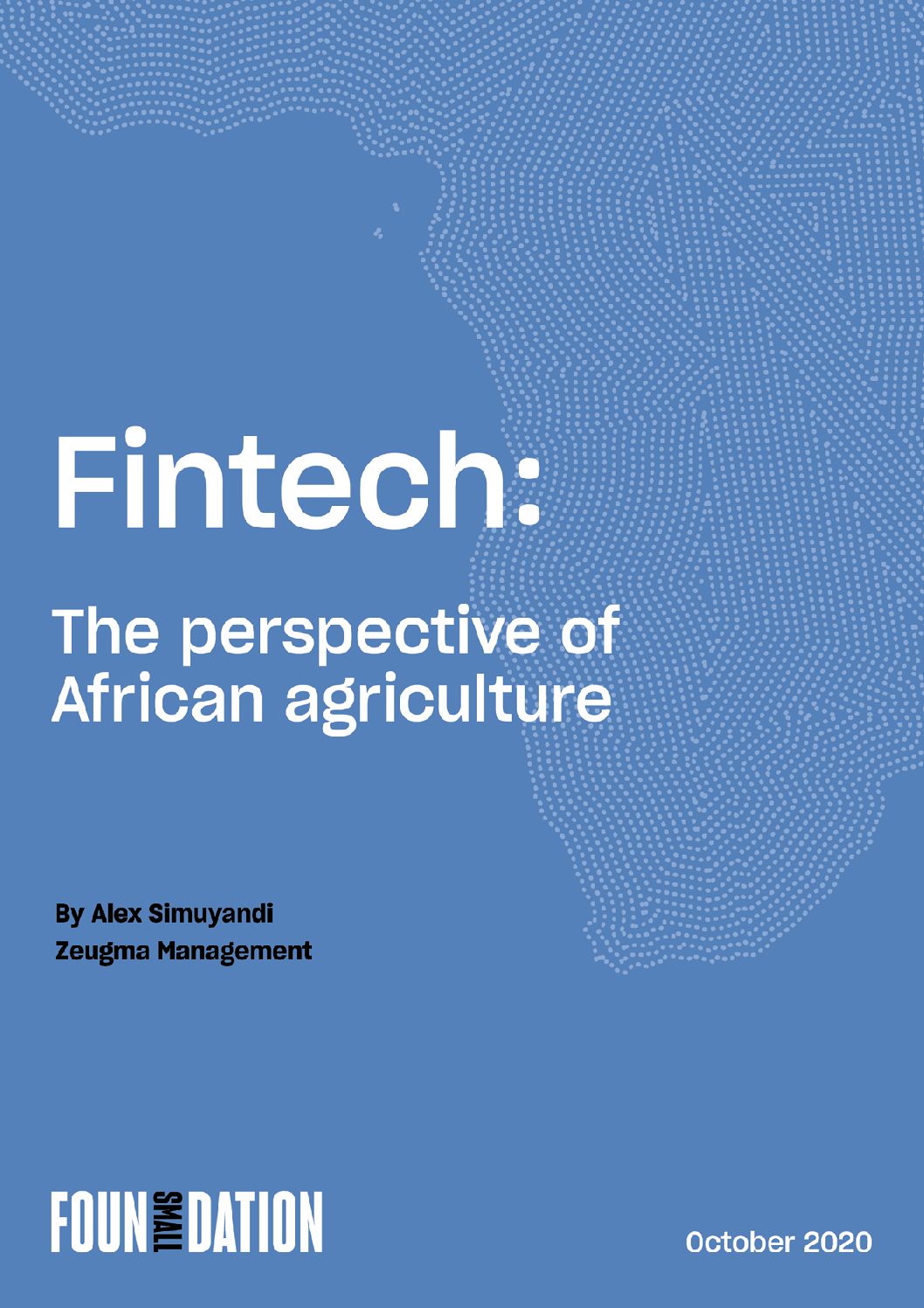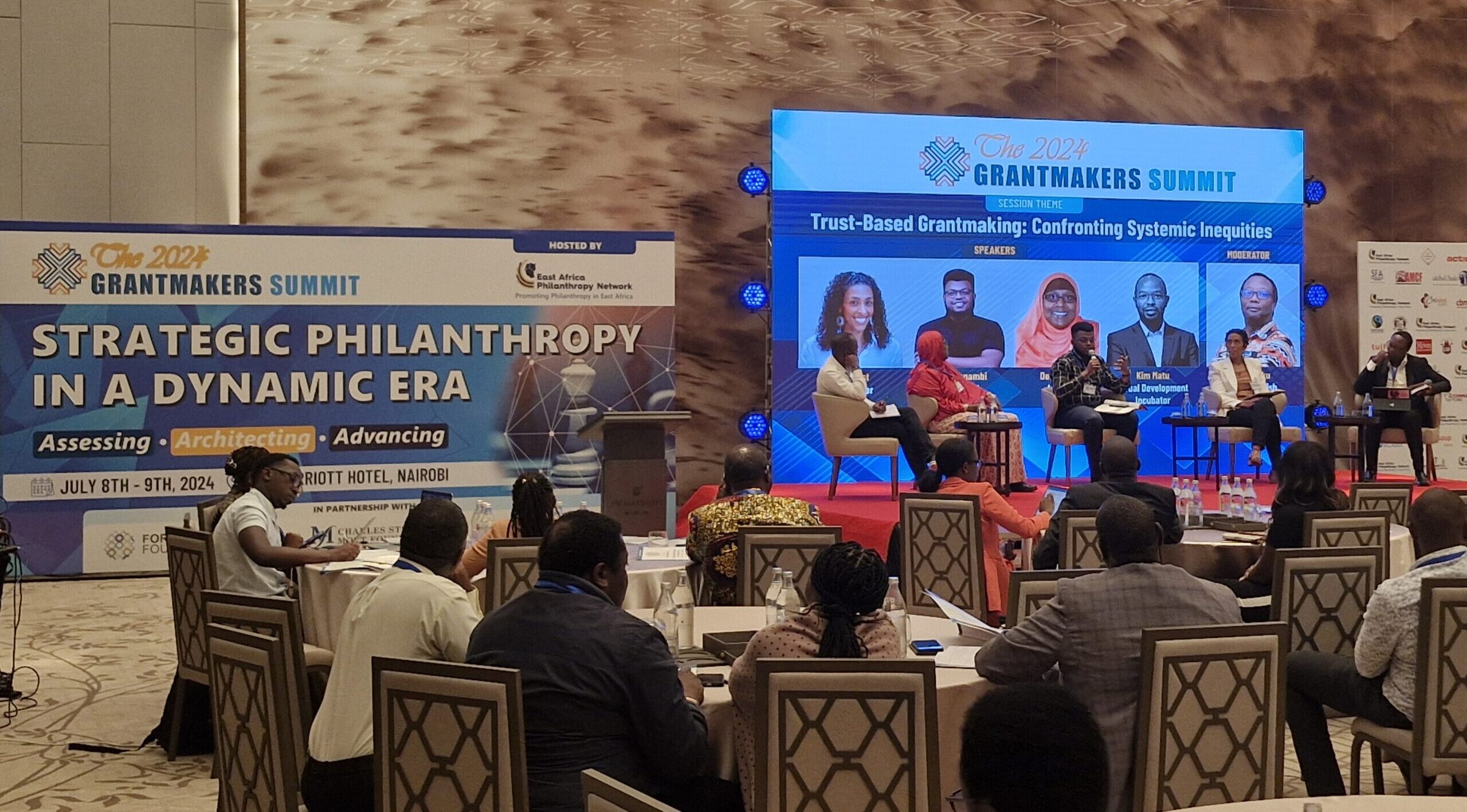
Fintech from the perspective of African agriculture
Financial technology (fintech) has received substantial coverage in recent years. In Africa we have seen fintech presented as a solution to pressing social issues such as financial exclusion. Taking notice, Small Foundation commissioned Zeugma Management to further investigate the fintech sector in Africa. We particularly sought insight on fintech operations affecting rural and agricultural communities. We wanted to learn the extent to which the emergent fintech sector is impacting African rural communities, and what opportunities might arise for Small Foundation to engage with the sector.
What Zeugma found is a vibrant and dynamic sector, identifying nearly 600 companies operating in various segments of fintech across Africa as part of the report dataset, with those focussed on payments making up the dominant segment. However, fintech companies focussed on agriculture made up a relatively small subset, with about 35 companies identified. As well as being arguably underrepresented given the importance of agriculture in African economies, the agricultural subset was also found to be underfunded as a cohort. A large proportion of this subset used a crowdfunding model – the sustainability of which remains to be seen in this context.
Agriculture is a difficult sector in terms of financing. Commercial banks do not provide as much credit as agricultural sector micro, small and medium enterprises would like to see. Fintech companies will face some similar challenges to those keeping banks from engaging more with agriculture, but also hold some advantages. Fintech companies are not bounded by the overheads of banks (staff, branches etc), and have more opportunity to innovate around aspects such as repayments, platforms, and transaction costs. Fintech companies might also be able to reach rural areas using marketing methods commercial banks have less access to.
Drawbacks emerged as well: fintech opportunities are new and untested, so people are less likely to entrust their money to them. Fintech business models are at an early stage of refinement, and still discovering the best strategies to access customers. However, once they do attract customers they should be able to be retained at relatively lower costs.
A key highlight of the report covered emerging models of fintech focused on agriculture that were found to be bundling their offerings, e.g. providing loans and inputs instead of solely focusing on supplying inputs. The report argues that fintech companies providing bundled offerings are seeing more traction in the market and are more likely to develop sustainable business models when they innovate in this way, addressing multiple market inefficiencies simultaneously.
For the full range of findings and insights please find the report here.

